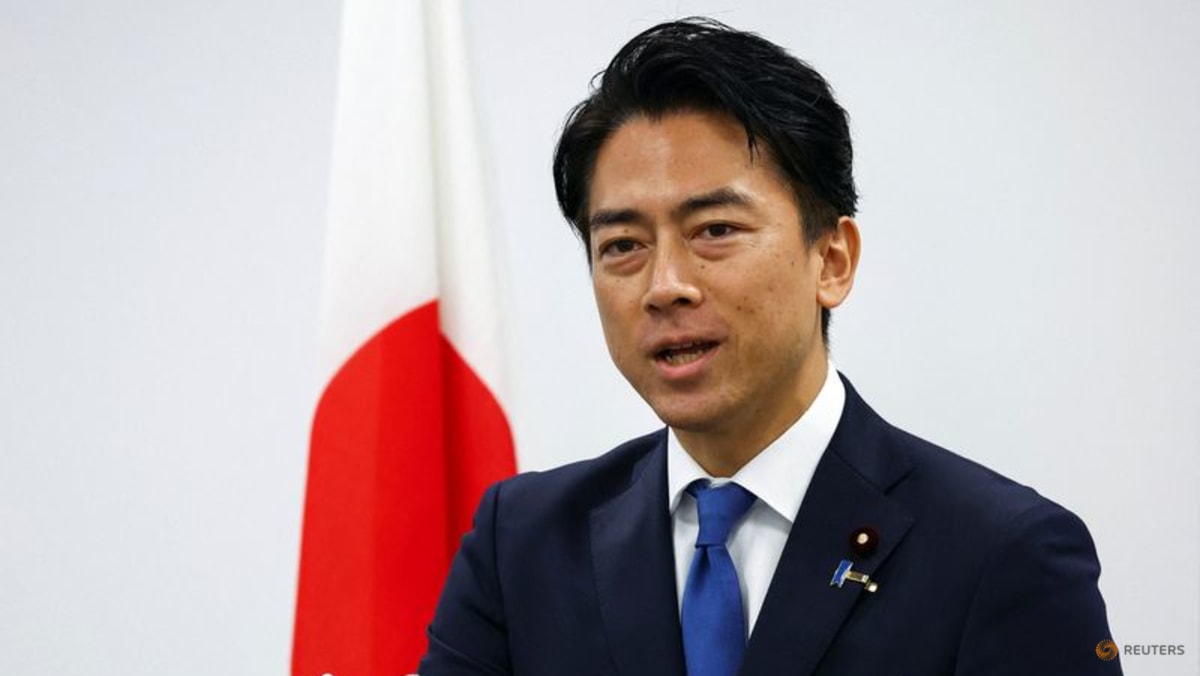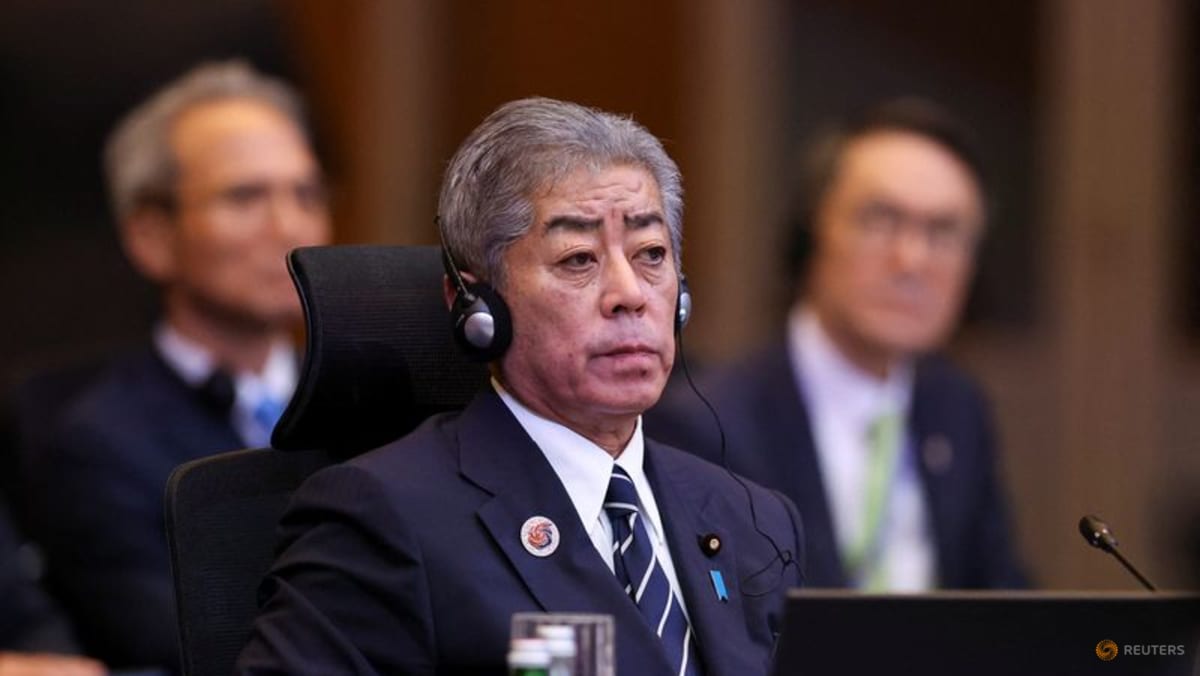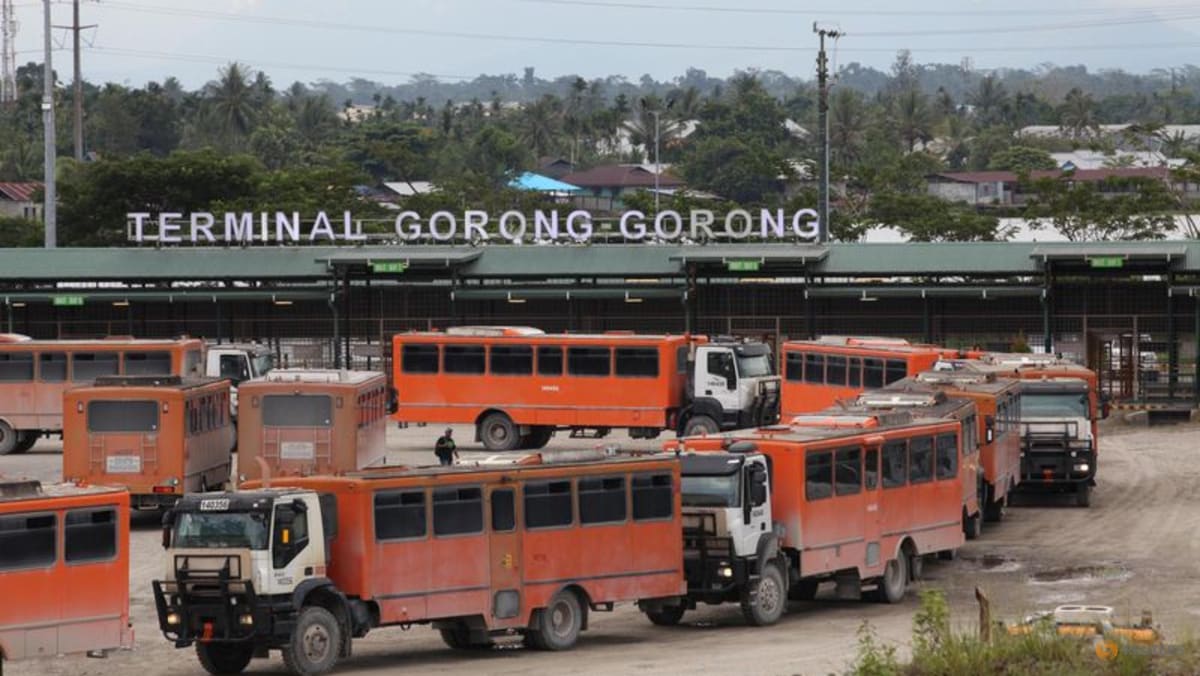WAKE-UP CALL
Experts CNA spoke to said that Bangladesh’s recent regime change creates “particular vulnerabilities” and that the instability there has created opportunities that extremist groups can exploit.
“It’s a common pattern we see after sudden political transitions,” said Munira.
Agreeing, Iftekharul warned that the domestic situation in Bangladesh directly influences the vulnerability of its diaspora.
The largest Bangladeshi diaspora population resides in Saudi Arabia, and there are significant numbers in countries like the United Arab Emirates and Oman. In Southeast Asia, Malaysia and Singapore host a sizeable Bangladeshi migrant population, many of whom work in the construction industry, among others.
Iftekharul added that the weakened state control over extremist elements in Bangladesh can lead to a spillover effect that “extends their reach into migrant communities in the region”.
“The methods of recruitment and financing also adapt, moving beyond traditional methods to leverage online platforms, making it a regional rather than just a national concern,” he said, adding that recruitment into the terror groups has evolved and no longer targets just blue-collar workers.
“Increasingly, white-collar professionals and students are being drawn into radical ideologies. This ‘new generation’ of ideologues is often urban, educated, and professionally accomplished, making detection through traditional profiling more challenging,” he said.
Iftekharul added that the Israel-Gaza war, for example, is serving as a potential catalyst for radicalisation, “as the perception of global Muslim victimisation” may ignite a sense of grievance that extremist groups can readily exploit through online propaganda.
“Social media and encrypted messaging apps also play a critical role in radicalisation, as evidenced by a Bangladeshi police survey finding that a high percentage of extremists were inspired by online propaganda and used encrypted communication,” he said.
He added that the recent arrests were not isolated incidents but merely fit into a “recurring pattern of radicalisation within the Bangladeshi diaspora as seen in previous cases in both Malaysia and Singapore”.
In January 2016, Singapore announced the arrests of some 27 Bangladeshis over extremist plans after they were found to be contemplating armed jihad overseas and in their homeland.
And in April that same year, Singapore detained eight other Bangladeshi nationals who were members of a group calling itself “Islamic State in Bangladesh” that had planned attacks back home to overthrow the government and establish an Islamic state aligned with IS’ caliphate.
“Six of them were convicted of terrorism financing offences. All eight have since been repatriated to Bangladesh,” ISD told CNA on Tuesday.
It added that members of the group disrupted in Singapore had been similarly radicalised with extremist material obtained from the internet, and had also raised funds from among its members to further terrorist activities.
Separately in August 2016, Malaysia arrested a Bangladeshi permanent resident and community leader Peyar Ahmed Akash, who owned a restaurant in the heart of Kuala Lumpur.
Wanted by Interpol, it had been alleged that his restaurant became a gathering place for leaders and supporters of a terrorist group. He was deported that September.
Meanwhile, Aizat Shamsuddin – the founder and director of the Initiative to Promote Tolerance and Prevent Violence in Malaysia – said that in the case of the recent arrests in Malaysia, the terror group had used platforms such as WhatsApp and Telegram in order to organise indoctrination sessions, religious study circles and covert meetings.
He added that the authorities had highlighted that recruits who complete the baiah – a formal oath of allegiance often administered online – could be promoted to lead recruitment and outreach.
“This reflects a clear hierarchical structure from initial screening to elite unit formation; and they have operated for quite some time in this country,” said Aizat.
Beyond that, Iftekharul warned that the use of international fund transfer services and e-wallets for fundraising for groups such as the IS in Syria and Bangladesh highlights a growing and harder-to-track trend in terrorist financing.
In the case of the arrests in Malaysia, Aizat said that the group exploited financial capacity and required recruits to pay RM500 (US$118) in membership fees and raised additional funds through voluntary donations and digital platforms.
“These underscore both their transnational connections and operations, exploiting our digital financial system,” he said.














